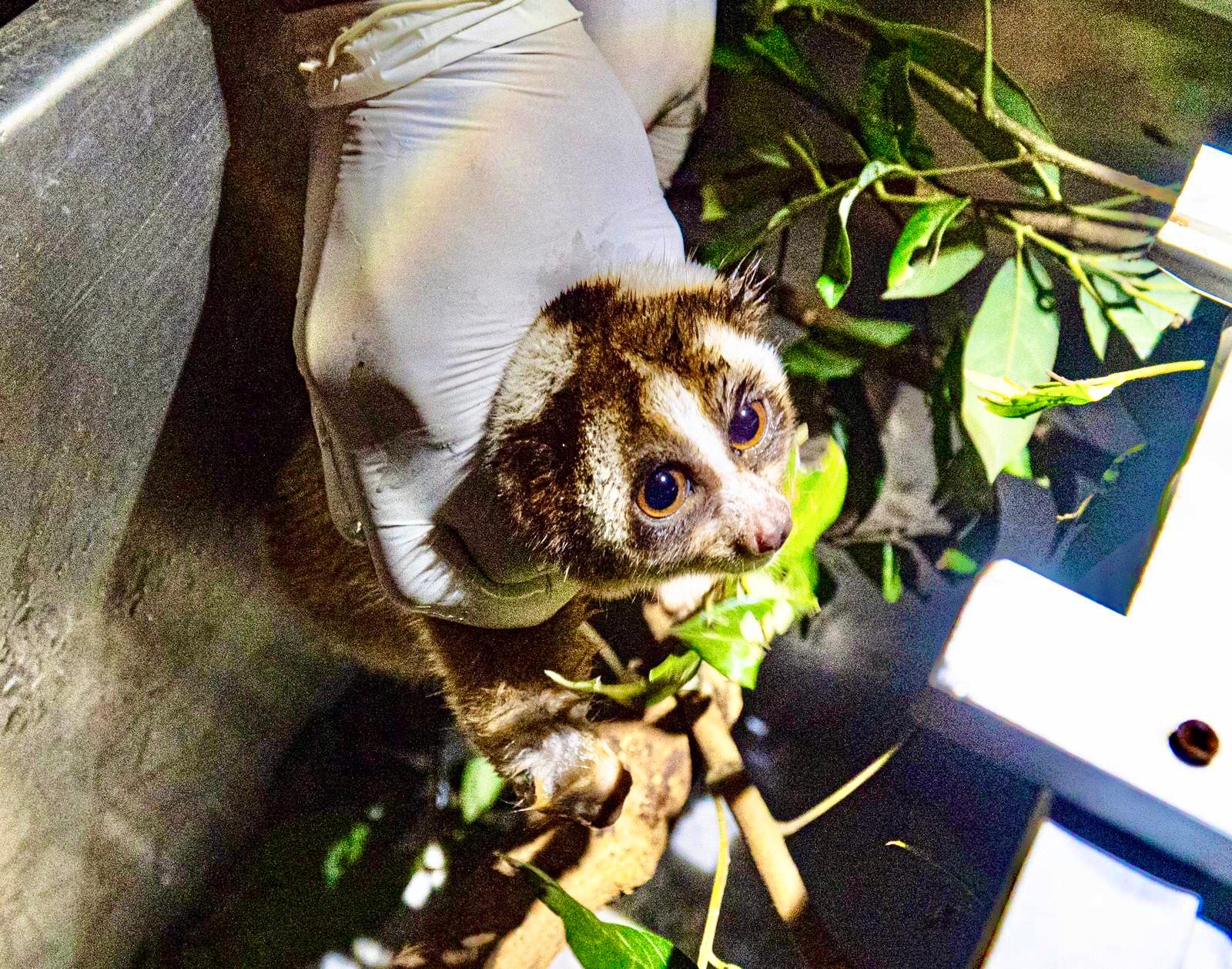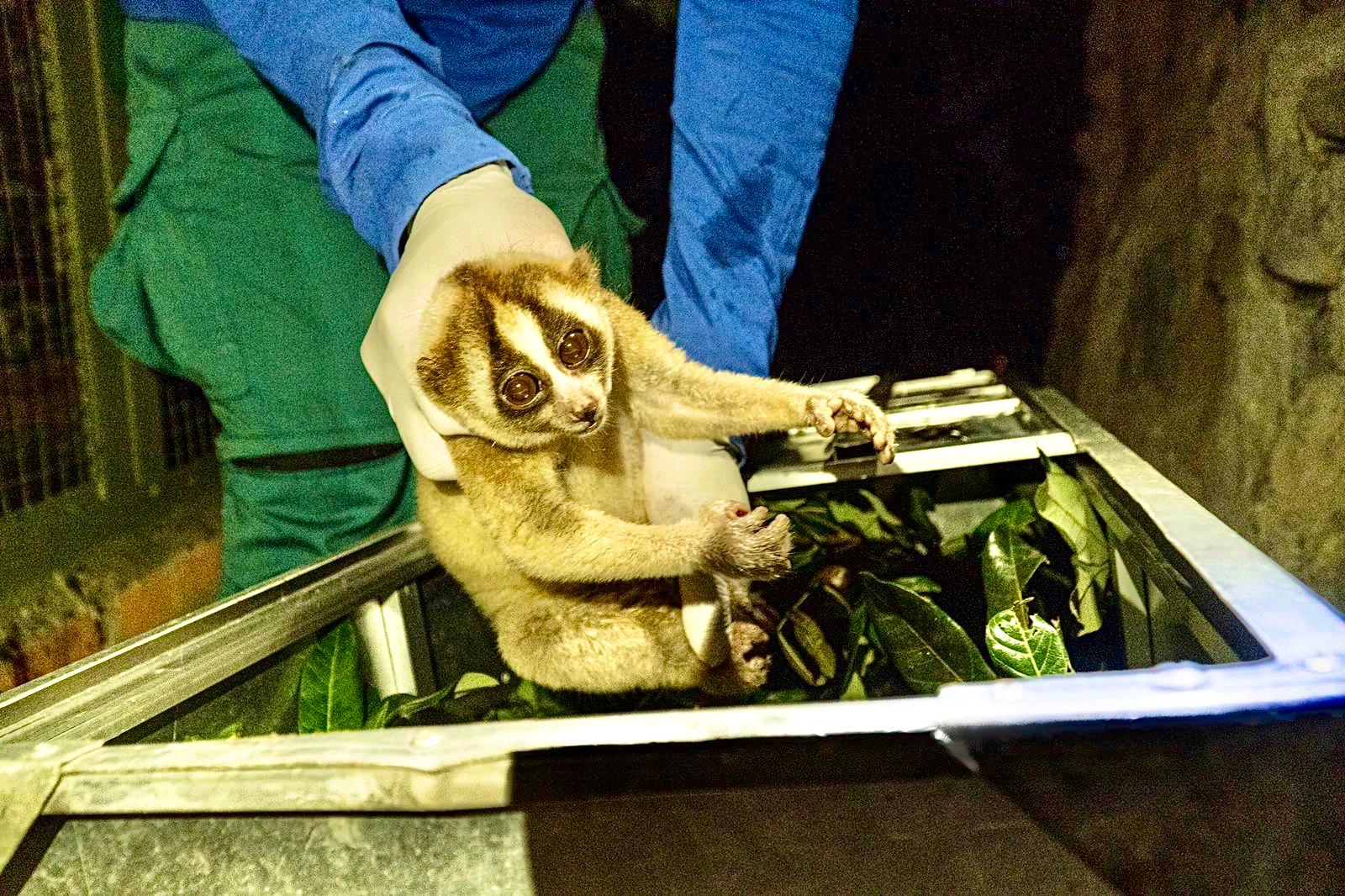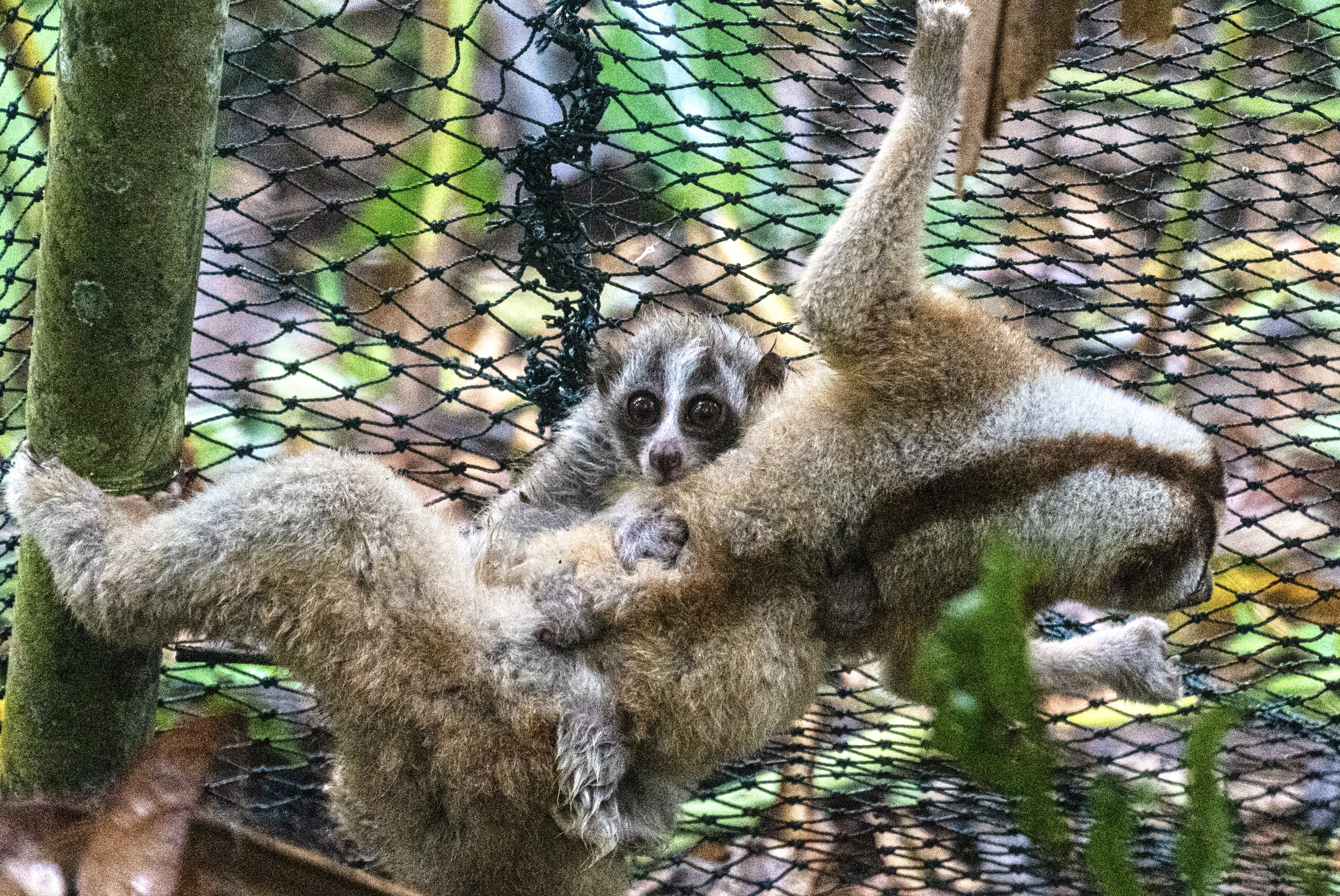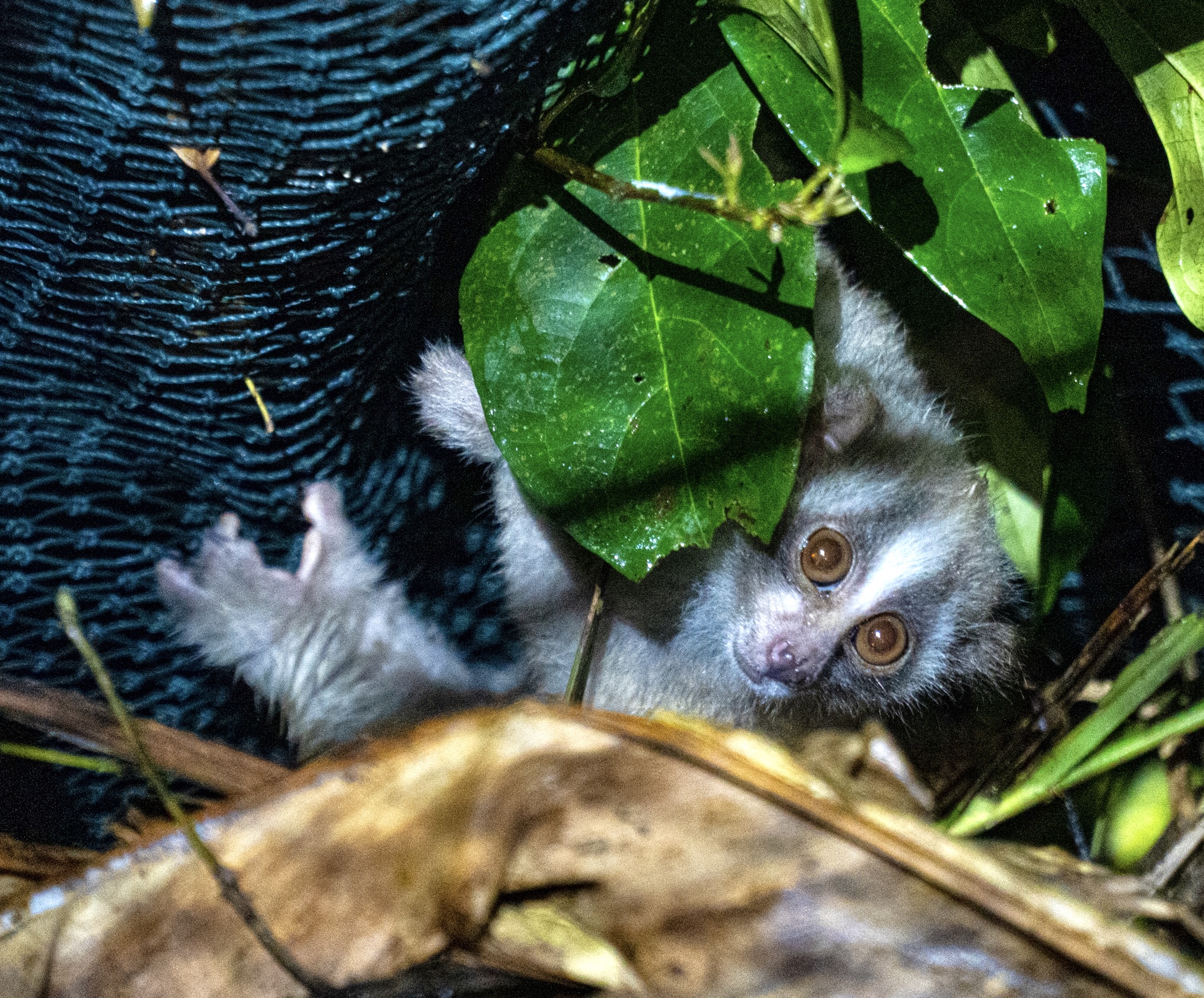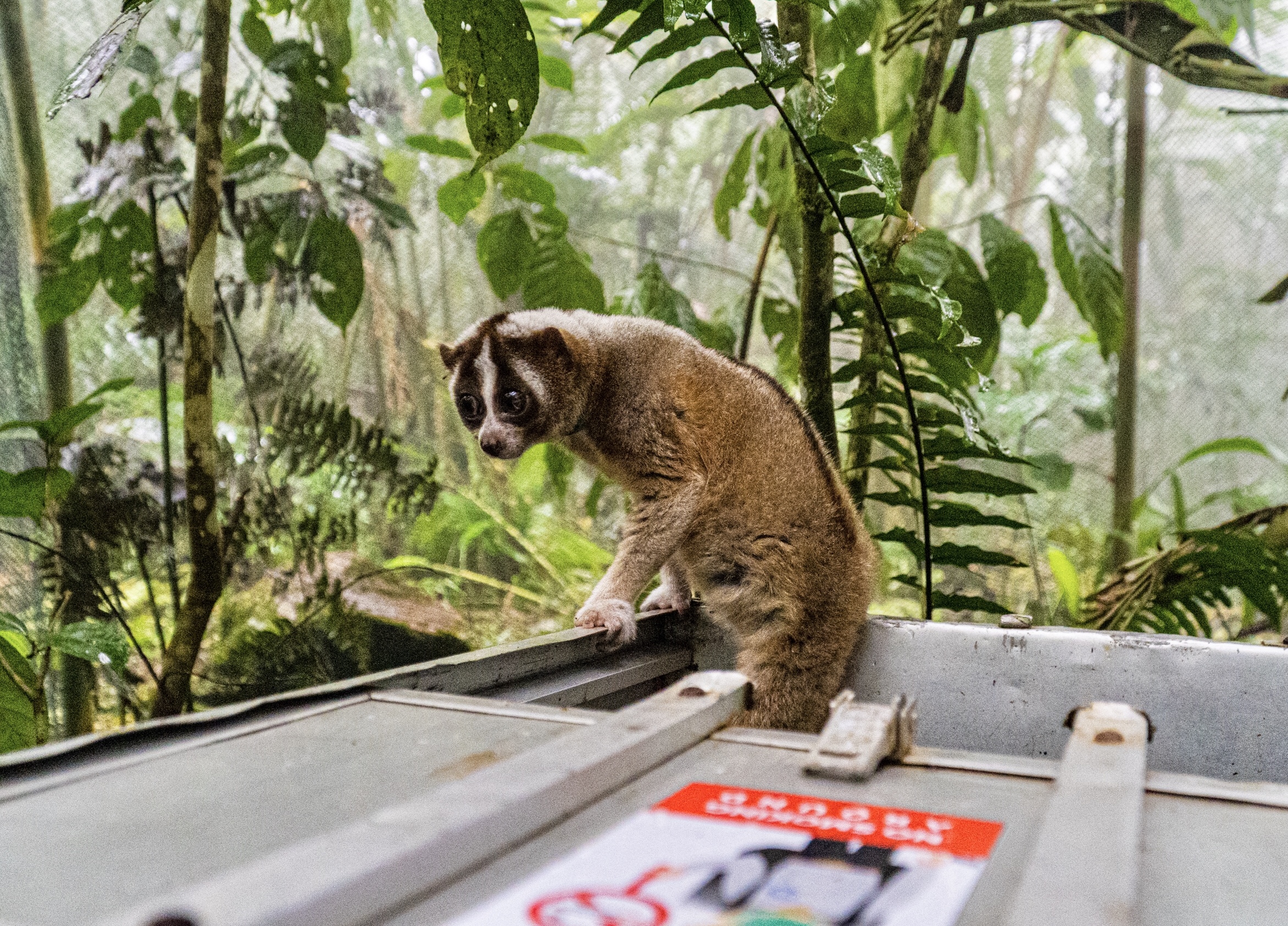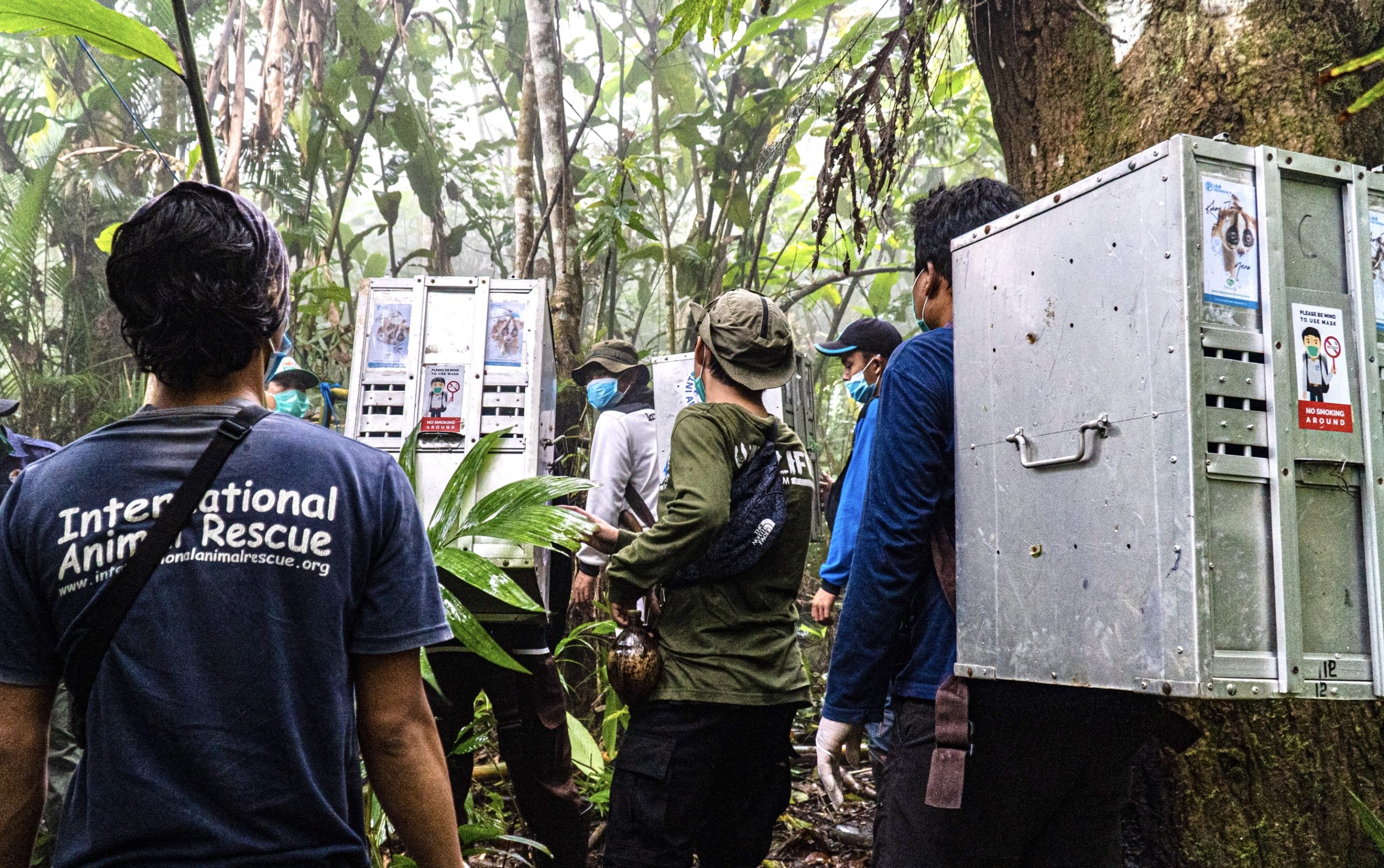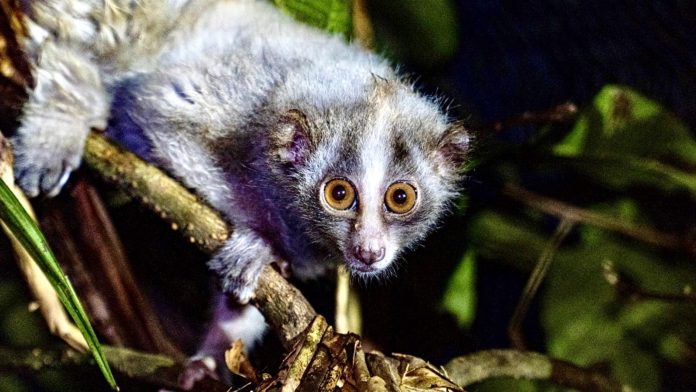
10 Critically Endangered Javan Slow Lorises Are Rescued & Will Be Set Free In The Indonesian Rainforest
By Lauren Lewis
You can help all animals and our planet by choosing compassion on your plate and in your glass. #GoVeg
RELATED ARTICLES
Banning Cruelty: New Legislation Aims To Ban Octopus Farming In The U.S.
New bipartisan legislation has just been introduced in the U.S. to ban commercial octopus farming and prohibit imports of farmed octopus from foreign countries.
The...
Outrage In Yellowstone! Grizzly Bear Killed By Wildlife Officials & Left With Head & Paws Cut Off
Photo by: Trisha McFarland / Cowboy State Daily
A photo of a dead grizzly bear with its head and paws cut off has caused an...
Inside Florida’s Illegal Horse Meat Trade: Undercover Footage Shows Racehorse Being Shot & Butchered
A heart-wrenching discovery of illegal horse slaughter has emerged, with video footage exposing the tragic killing of a racehorse named 'Funny Biz,' who was...
Popular stories
Featured Animal Spotlight
Breaking! Colorado Parks & Wildlife Confirms First Gray Wolf Pack Sighting In The State Since 1930’s
Colorado Parks and Wildlife (CPW) officials are confirming that they have additional evidence that a group of wolves is now residing in northwest Colorado....
News
Michigan Hunter Kurt Johnston Duncan Receives Jail Time & Is Banned From Hunting For Life After Poaching 18 Gray Wolves & Several Bald Eagles
A Michigan hunter named Kurt Johnston Duncan was sentenced Tuesday under a plea deal after being accused of poaching numerous species, including 18 gray wolves over...
News
Over 30 Dead Whales & 24 Dolphins Have Washed Ashore On The East Coast Since December Of 2022; Are Offshore Projects To Blame?
Earlier this week, the Monmouth County Board of County Commissioners issued a resolution calling for the immediate investigation of offshore projects and marine animal deaths along...

